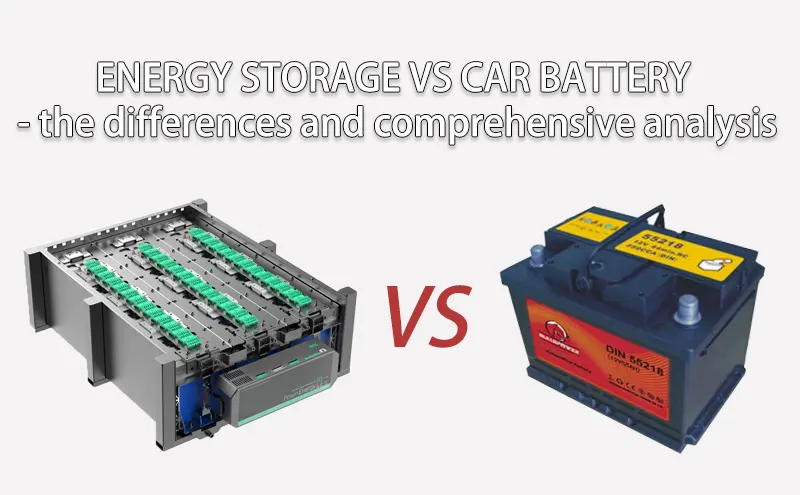
Nov . 12, 2024 20:32 Back to list
solar energy storage product
The Importance of Solar Energy Storage Solutions
As the world increasingly shifts towards sustainable energy, solar power has emerged as a leading alternative to fossil fuels. However, the intermittent nature of solar energy—being dependent on sunlight—poses a significant challenge. This is where solar energy storage products come into play, providing a crucial solution to enhance the efficiency and reliability of solar power systems.
Solar energy storage products are designed to capture excess energy generated by solar panels during sunny periods and store it for use during times when sunlight is scarce, such as at night or on cloudy days. The most common technology used for this purpose is lithium-ion batteries, which are known for their high energy density and efficiency. However, advancements in various storage technologies, including flow batteries, lead-acid batteries, and even emerging solutions like hydrogen storage, offer diverse options to suit different energy needs and budgets.
One of the primary benefits of solar energy storage systems is that they enable homeowners and businesses to achieve greater energy independence. By storing solar energy generated during peak sunlight hours, users can reduce their reliance on the grid, particularly during high-demand periods when electricity prices are often higher. This not only helps to lower energy bills but also provides a buffer against potential power outages, making homes and businesses more resilient.
solar energy storage product

In addition to economic advantages, solar energy storage contributes to a more sustainable energy future. By maximizing the use of renewable energy, these systems help reduce greenhouse gas emissions and mitigate the effects of climate change. Furthermore, integrating storage solutions into the grid can enhance overall grid stability, allowing for greater incorporation of renewable sources and reducing the need for standby fossil fuel power plants.
Solar energy storage products are particularly beneficial in regions where solar energy generation is abundant but often out of sync with consumption patterns. For instance, in many areas, energy demand peaks in the evening when the sun is no longer shining, leading to a mismatch. By utilizing storage solutions, solar energy can be dispatched to meet demand, thereby smoothing out the supply and demand curve.
Moreover, policy frameworks and incentives are increasingly supporting the adoption of solar energy storage solutions. Governments around the world are implementing tax credits, rebates, and other incentives to encourage homeowners and businesses to invest in renewable energy systems, including energy storage. As technology continues to advance, the cost of storage solutions is expected to decline, making them more accessible to a broader audience.
In conclusion, solar energy storage products represent a critical component of a sustainable energy future. By facilitating the effective use of solar power, these technologies not only enhance energy resilience and independence but also contribute to environmental conservation efforts. As we move towards a greener planet, investing in solar energy storage will play an essential role in building a sustainable energy infrastructure that benefits both current and future generations. Embracing these technologies will not only empower individuals and communities but also help combat climate change and transition towards a more sustainable energy landscape.
-
AI-Powered EMS with GPT-4-Turbo | Efficiency Boost
NewsAug.01,2025
-
Optimized Storage System for GPT-4-Turbo | High Performance
NewsJul.31,2025
-
AI Energy Management System w/ GPT-4 Turbo Efficiency
NewsJul.31,2025
-
High-Performance Energy Storage System for Reliable Power Solutions
NewsJul.30,2025
-
Advanced EMS Solutions for Energy Management System & Storage Battery Companies
NewsJul.29,2025
-
Intelligent Energy Management for Homes - Efficient Storage Solutions
NewsJul.29,2025























